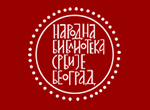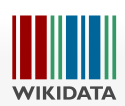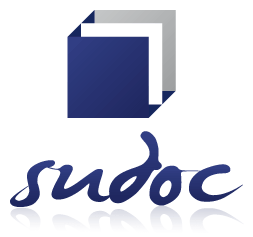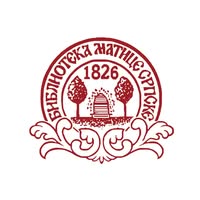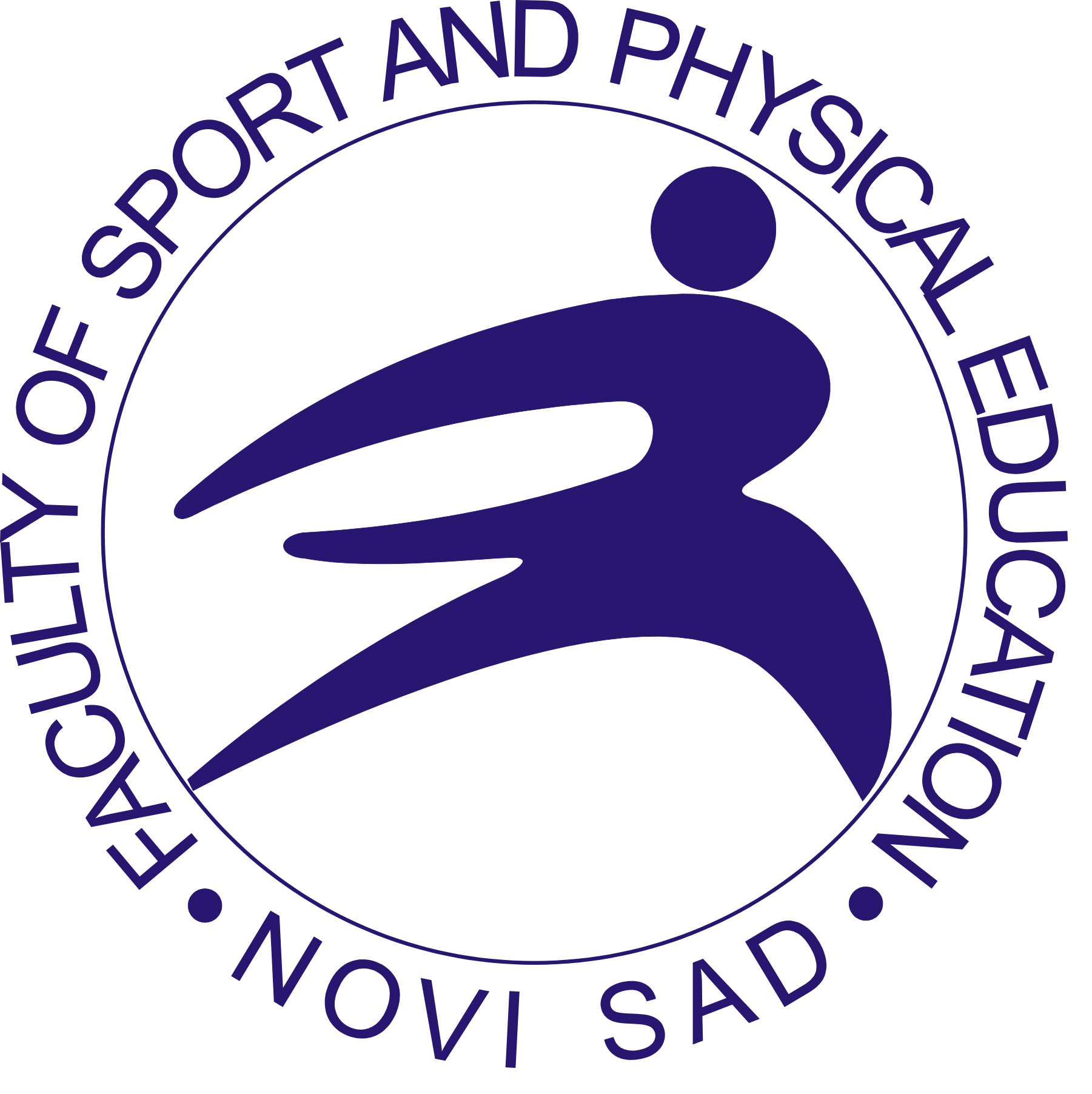
More articles from Volume 11, Issue 1, 2019
The effects of Mindfulness-Based Cognitive Therapy (MBCT) on cognitive skills in young soccer players
Small-sided games are more effective than instructional training for improving vertical jump performance and passing in young volleyball players
Optimization of movement activity and the mental state of students by dance aerobics
Influence of inertial resistance squat exercise protocol based on novel exercise intensity determination on physical fitness of older adult women
Lifestyle components of the global oldest old assessed as effective nonpharmacologic strategies to maintain lifelong cognitive and functional health
Citations

2

Olga V. Panić Kavgić, Mira Milić, Aleksandra Kardoš
(2022)
SAVREMENI PRINCIPI ZA SASTAVLJANJE DVOJEZIČNOG REČNIKA SPORTSKIH TERMINA
Годишњак Филозофског факултета у Новом Саду, 47(1)
10.19090/gff.2022.1.47-67
Mira Milić, Filip Sadri, Tatjana Glušac
(2019)
The pedagogical potential of a bilingual specialized dictionary in tertiary education
Exercise and Quality of Life, 11(1)
10.31382/eqol.190606The pedagogical potential of a bilingual specialized dictionary in tertiary education
University of Novi Sad, Faculty of Sport and Physical Education, Novi Sad, Serbia
University of Novi Sad, Faculty of Sport and Physical Education, Novi Sad, Serbia
Union University, Faculty of Law and Business Studies Dr. Lazar Vrkatić, Novi Sad, Serbia
Abstract
Even though specialized dictionaries provide abundant information, research findings indicate that their role in the teaching process has been neglected. Within the context of the current global domination of English and an increased need for linguistic standardization, special emphasis is placed on the use of specialized dictionaries in teaching vocabulary. With this in mind, the purpose of this research is to analyze pedagogical potential of a specialized bilingual dictionary in function of ESP vocabulary learning and knowledge transfer. A questionnaire-based research into dictionary use in ESP acquisition is conducted with 705 students and 21 teachers of non-linguistic faculties of the University of Novi Sad. The findings indicate that dictionaries are seldom used in the classroom, even though both groups of respondents have positive attitudes towards them, especially online dictionaries and other user-friendly applications. However, the findings also indicate students’ insufficient knowledge not only of lexicographic conventions but also the criteria for dictionary quality assessment. Building on the hypothesis that well-conceived dictionaries can enhance not only ESP teaching but also knowledge transfer from English to non-English languages, this research suggests the importance of compiling quality terminological products and their inclusion into the teaching process with systematic training in dictionary use.
Keywords
References
Citation
Copyright

This work is licensed under a Creative Commons Attribution-NonCommercial-ShareAlike 4.0 International License.
Article metrics
The statements, opinions and data contained in the journal are solely those of the individual authors and contributors and not of the publisher and the editor(s). We stay neutral with regard to jurisdictional claims in published maps and institutional affiliations.













